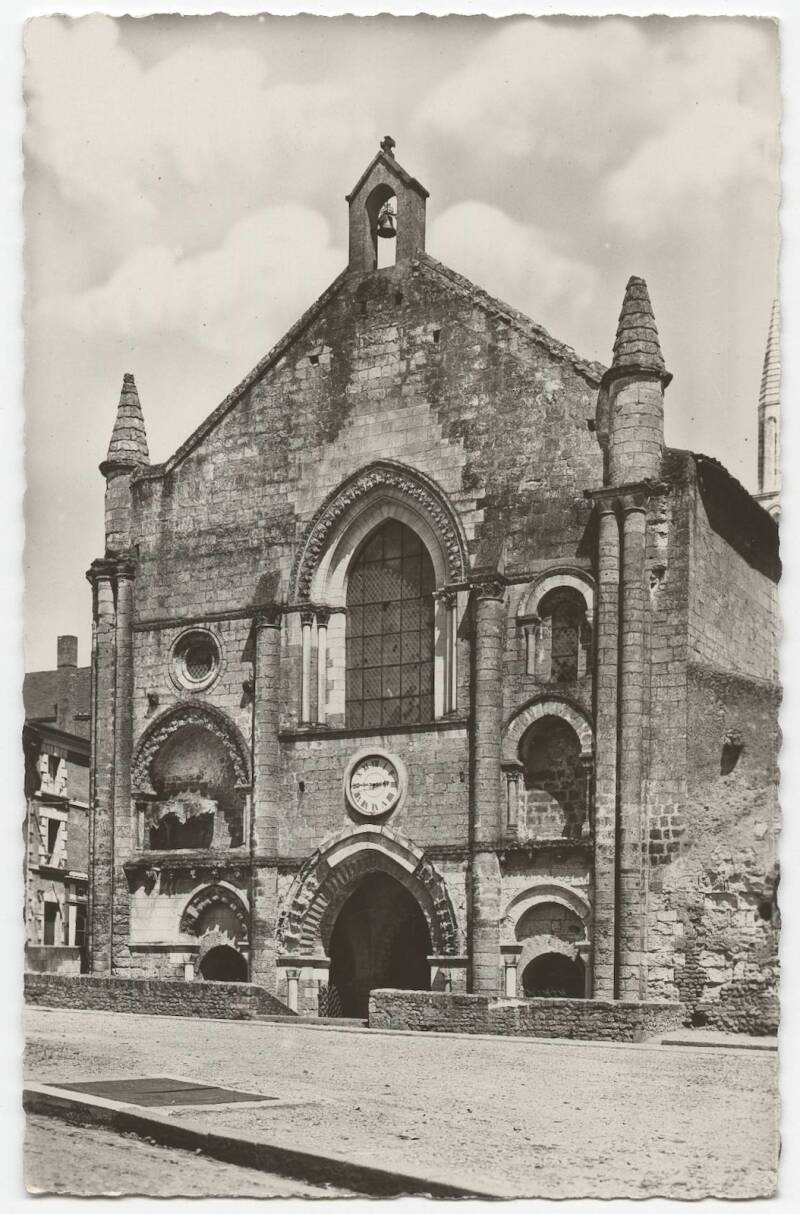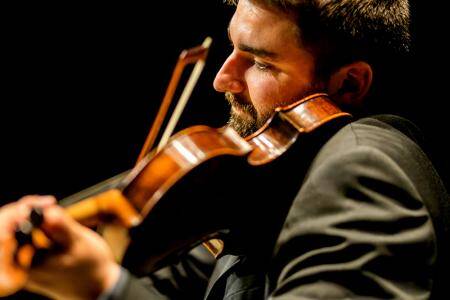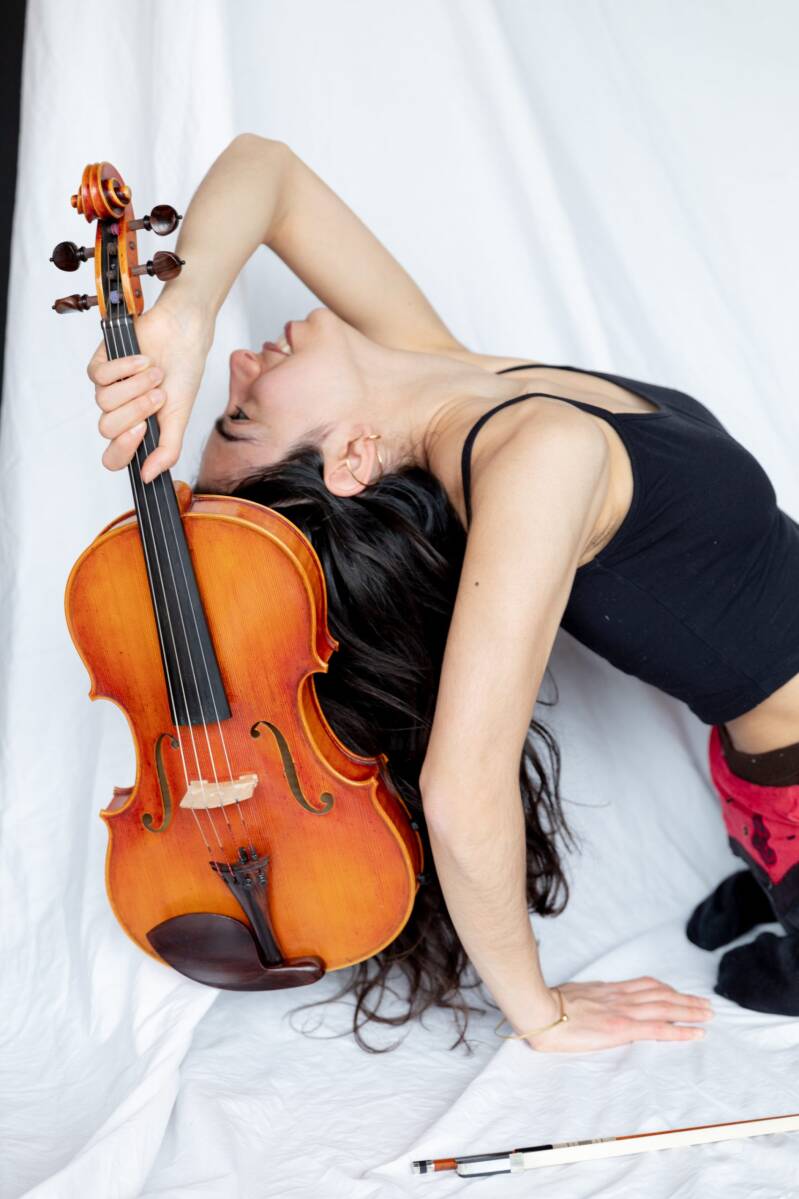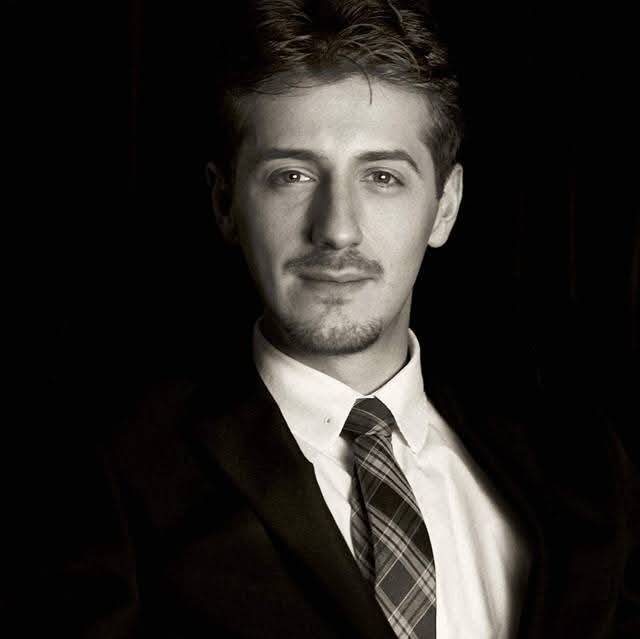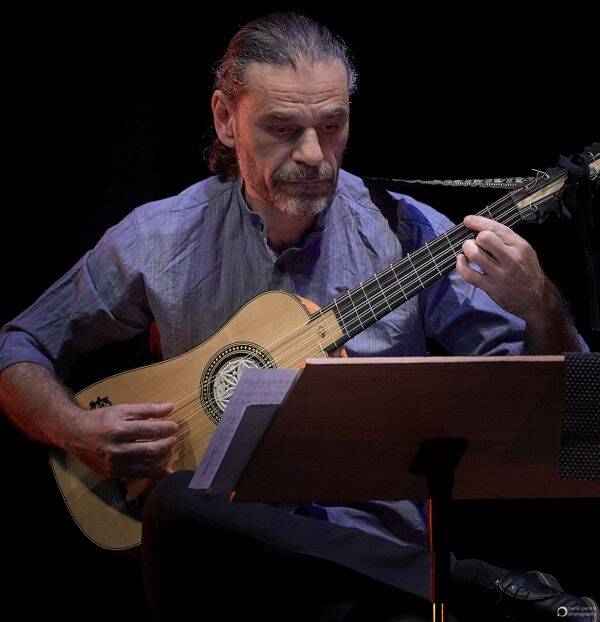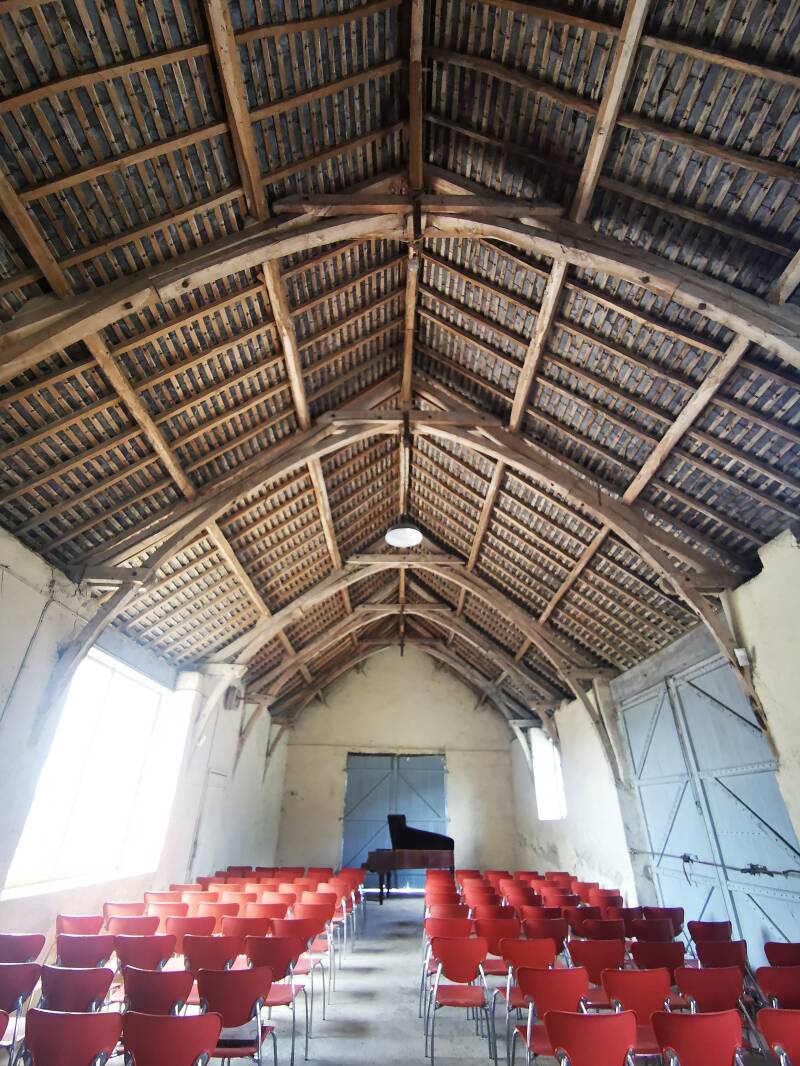
20/7: PREMIÈRE!
George Petrou plays Etudes for piano by Philip Glass
Chateau les Sénéchaux, 20:30
Free entrance with reservation

The American composer Philip Glass (b. 1937) is considered as one of the most influential living composers. Over the years he developed an iconic musical style of his own, being one of the world's pioneers in musical minimalism. He composed operas, symphonies, concertos, chamber music and film music. The piano etudes are a culmination of his different musical styles. Although technically very demanding the etudes maintain a lyricism with moments of outstanding beauty.
George Petrou, the founder of AIRVAULT ALLEGRO Festival, proudly opens its 1st edition, performing a choice of his most beloved etudes by Philip Glass, out of the complete collection of 20.

31/7: Paris Opera soloist Maria Warenberg (mezzo soprano) and acclaimed pianist William Shaw present a musical exploration from the depths of german romanticism to the florid Art of italian belcanto.
Château les Sénéchaux, 20:30


Dutch rising star mezzo soprano Maria Warenberg, is a member of the soloists ensemble of the Paris Opera, and a laureate of the prestigious Queen Elisabeth 2023 singing competition.
At the AIRVAULT ALLEGRO Festival she will present a programme showcasing the full spectrum of her Art: A delicious blend of romantic German "lieder" and virtuosic opera arias from the golden era of italian belcanto.
British born William Shaw is one of the most versatile musicians of his generation, being a solo pianist, a composer, a conductor as well as an accomplished harpsichord and continuo player.

5/8: Internationally renowned Spanish tenor Juan Sancho and Theodoros Kitsos on theorbo and baroque guitar perform Spanish songs of the 17th c.
Chateau les Sénéchaux, 20:30


The long reign (1621–1665) of Philip IV coincided with a political, military and economic decline of Spain. At the same time, however, an incomparable flourishing of letters and arts was taking place in his court, as he was a great lover of theatre and music and an enthusiastic collector of works of art. Many important creators of the Spanish Golden Age found a home in his court, like Pedro Calderón de la Barca and Diego Velázquez. But what was the music that accompanied Calderón’s performances or that Velázquez listened to when he was creating some of his most important works?
The programme is based on works by three composers who offered –directly or indirectly– their services to Philip: Juan Hidalgo (1614–1685), the chief musician of the Court and a close associate of Calderón, José Marín (c.1619–1699), cantor of the royal chapel, and Gaspar Sanz (c.1640–1710).
Juan Sancho is one of today's greatest opera tenors, with appearences in the most important european theatres and festivals. He is a specialist of baroque and classical eras, and his performances are characterized by great technical mastery and a profound musicality.
He is accompanied by the greek guitarist and theorbist Theodoros Kitsos, who is a regular member of some of the most distinguished baroque ensembles of our times. Dr. Kitsos is also a professor at the Aristotle University of Thessaloniki in northern Greece.

11/8: Stravaganza Veneziana
Baroque ensemble Les Sénéchaux (on period instruments) performs music by Antonio Vivaldi and Tomaso Albinoni.
Abbatiale Saint-Pierre, 20:30

Baroque ensemble Les Sénéchaux is created especially as the resident ensemble of the AIRVAULT ALLEGRO Festival. It consists of some of today's greatest specialists of baroque music, who appear regularly in many of the world's most prestigious venues.
The programme of their inaguration concert is dedicated to the magic of the Venetian Baroque music.
A musical journey in the 18c Venice through the genius of Antonio Vivaldi and Tomaso Albinoni, with brilliant Concertos, Sinfonias and virtuoso Sonatas, performed on baroque instruments.
Les Sénéchaux
Jesus Merino Ruiz, baroque violin
Lorena Padron, baroque violin
Alkistis Misouli, baroque viola
Iason Ioannou, baroque violoncello
Angelos Repapis, contrabasso
Theodoros Kitsos, theorbo-baroque mandolin
William Shaw, harpsichord

Special thanks to Mr Serge Rousseau, who generously offers his harpsichord for this performance.
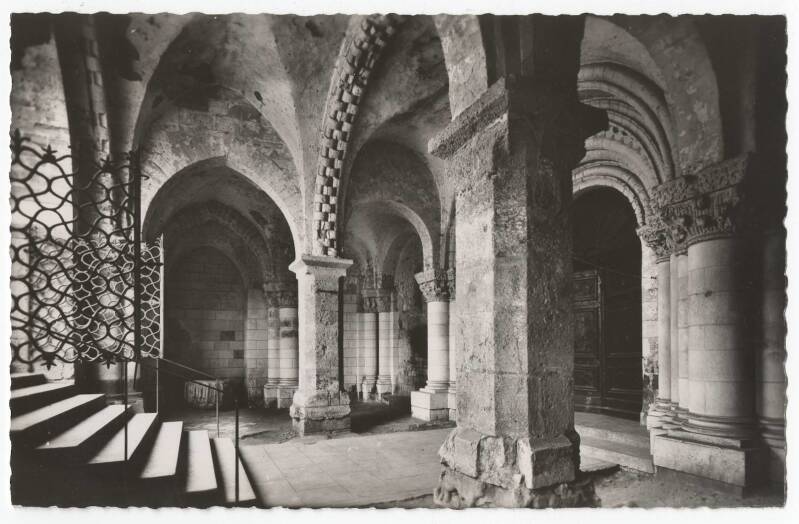
14/8: Acclaimed soprano Myrsini Margariti and the baroque ensemble Les Sénéchaux perform some of the most beautiful cantatas and sonatas for violoncello and basso continuo by Händel and Vivaldi.
Chateau les Sénéchaux, 20:30


The genre of the chamber cantata flourished in Italy during the 17th the 18th centuries. During this period thousands of such pieces must have been written. Chamber cantatas are in fact mini operas following the most common operatic form of the baroque times: a sequence of recitatives and arias.
One of George Frideric Händel’s most famous cantatas, "La Lucrezia" was written in Florence in 1706 or 1707. Rumour has it that Händel chose the subject because he was then having an affair with the Florentine prima donna Lucrezia d’André.
Lucrezia was the wife of a Roman general in the 6th century BC. Hailed as a paragon of virtue, she aroused the interest of Sextus Tarquinius, the son of the last king of Rome. When she rejected his advances, he raped her. Lucrezia forced her husband to swear to be avenged, and only then told him what had happened, finally taking her own life in order to restore her honour. By the 16th century Lucrezia’s fate was a popular subject for literary treatment, even inspiring Shakespeare’s poem, "The Rape of Lucrece", published in 1594.
Although Händel's "Lucrezia" is scored for minimal resources (soprano soloist and basso continuo) the composer succeeded in writing a highly dramatic operatic Scena, that is rich in nuances, with its detailed description of Lucrezia’s feelings before she takes her own life.
It is not known when exactly Antonio Vivaldi, a master of vocal as well as instrumental writing, composed the cantata "Sorge vermiglia il ciel". The subject is rather lighter than "Lucrezia", with a pastoral love theme. However, Vivaldi creates one of the most virtuosic vocal works of the 18th century. The demands he puts on the soprano soloist are extreme, but still the music maintains the usual depth and emotion, which characterizes Vivaldi's masterpieces.
Greek soprano Myrsini Margariti is praised internationally for the purity of her voice and her deeply theatrical interpretations.
Together with the resident ensemble of the AIRVAULT ALLEGRO Festival, they will present a programme full of baroque fireworks and music of ethereal beauty.
Iason Ioannou: baroque violoncello
Theodoros Kitsos: theorbo
William Shaw: harpsichord
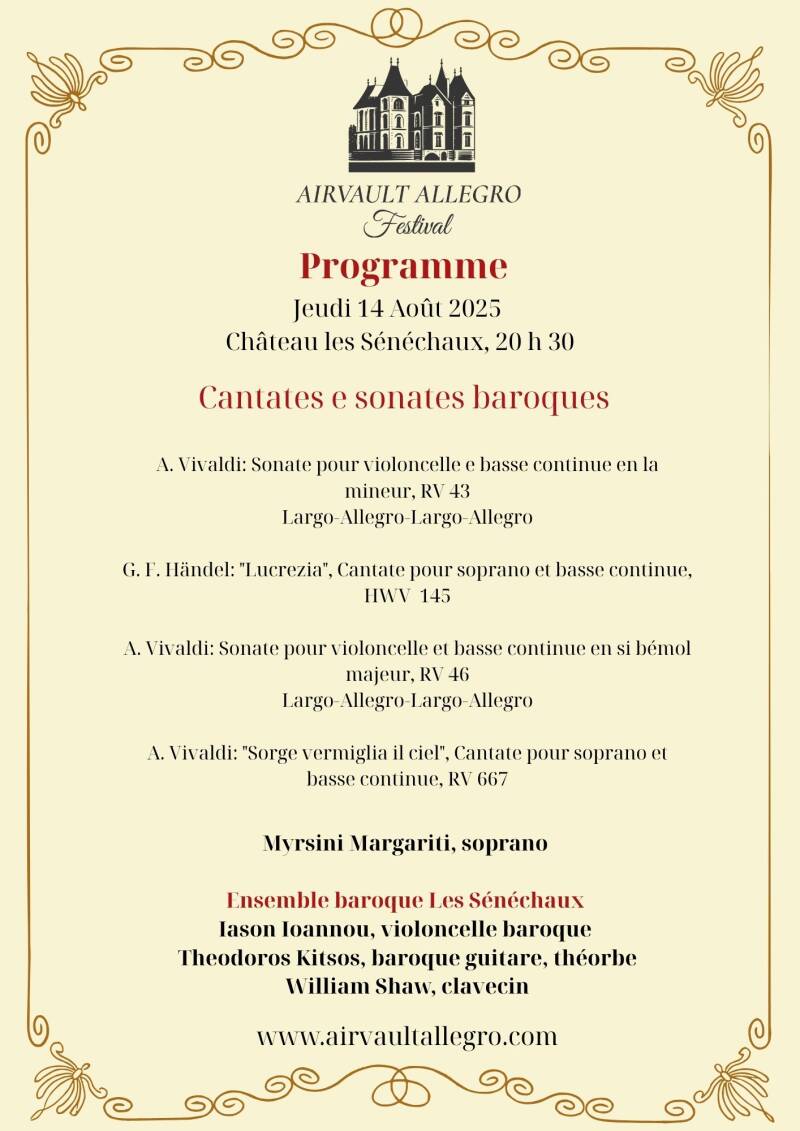
Special thanks to Mr Serge Rousseau for generously offering his harpsichord for this performance.
